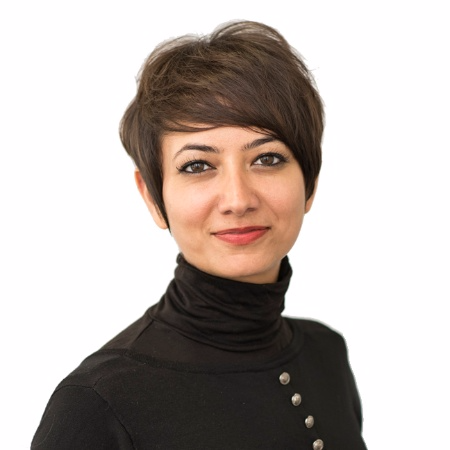Nandita Goel has spent 15 years studying the analytics behind marketing and advertisement. During this time she has studied for an MBA, set up two startups and, most recently, completed an Executive MSc in international strategy and diplomacy from the think tank LSE IDEAS.
For most, an MBA is the pinnacle of their educational pursuits, and so is often the last qualification they study for. However, Nandita didn’t stop there, she took the opportunity to undertake LSE IDEAS’ masters programme, in 2017, in order to combine her management understanding with that of international diplomacy and relations, with the goal understand how policy-makers across the globe come to the decision they make.
Tell us about your current role and your career history
I am currently pursuing my own start up in the fashion technology space. I started off my career in digital analytics in 2007 when digital media had just started gaining traction. I decided to pursue an MBA in 2011 after which I was accepted into the WPP MBA Fellowship – an executive training programme for MBA graduates at the world’s largest marketing services conglomerate. I focused on building a deeper understanding of the data and tech ecosystem across the marketing supply chain. I then moved to a leadership role to serve as a big data and analytics expert, working with some of WPP’s largest clients and agencies.
When and where did you achieve your MBA?
I achieved my MBA in 2011 at INSEAD
What prompted you to embark on an MBA?
I was at the stage of my career where I felt that while I had a solid understanding of my industry I needed more exposure to the bigger picture and more of a framework to understand more complex financial and industry challenges. Business school provided an exciting environment to learn and grow among a very talented and interesting group of peers.
What is the most interesting thing you learnt from your MBA?
I would say that I learnt just as much from my peers as I did from my professors. The hands on and practical aspect of an MBA was exactly what I needed at that stage of my career. It provided a comprehensive toolkit or framework to look at and engage with some of the most pressing issues of our time. The most interesting aspect to me was diving deep into organisational behaviour – the study of how people thrive within large organisations and how decisions are made. This has made a huge impact in my outlook and approach to problem solving during my corporate career.
How has the MBA made a difference in your life? In particular, your career path and leadership journey?
Very plainly, INSEAD changed the course of my career entirely. I was offered incredible opportunities soon after graduation that served as a springboard into leadership roles. Business school broadened my perspective on the professional opportunities open to me and allowed me to explore beyond my expectations. Importantly, I also made some of my best friends during business school – I could land up in any country in the world and there is a good chance that I’ll reach out to a fellow ‘INSEAD-er’ to catch up over drinks.

Since completing your MBA you’ve chosen to pursue further study – why do you value the importance of lifelong learning?
Technology is having a significant impact on the way we live our lives. This is reflected in the smallest aspects such as faster communication to the some of the largest such as our political institutions and democracy itself. I wanted to explore this impact more deeply and the MSc in international strategy and diplomacy at LSE IDEAS served as the perfect home as I did my dissertation on Big Tech and democracy.
Your current course involves diplomacy and decision making – with that in mind what issues do you think are set to make the biggest impact on business leaders over the coming five years?
The impact that technology has on privacy and its relationship with a functioning democracy is one of the most important issues of our time. Business leaders will have to find innovative, comprehensive and transparent solutions to delivering value to customers while respecting the way our societies have chosen to function allowing each individual to pursue their own conception of the good.
What would be your advice to someone else considering an MBA or continuing higher education post-MBA?
Education is always an exciting medium to better oneself. I highly recommend an MBA and continued learning to anyone looking for an adventure.



